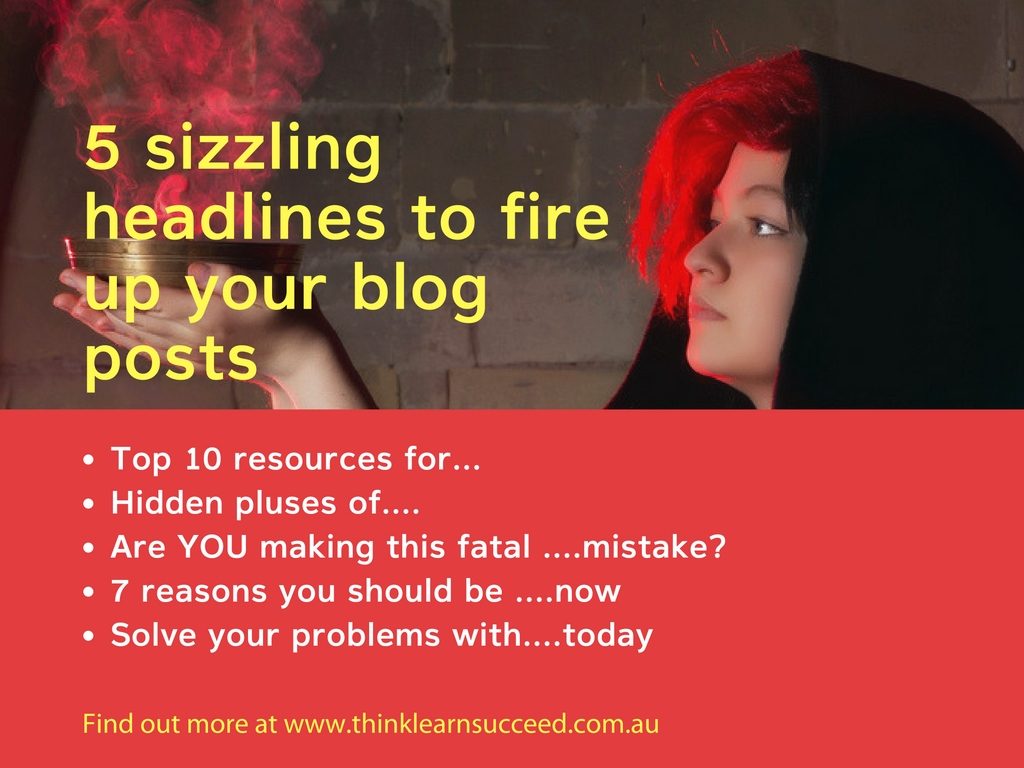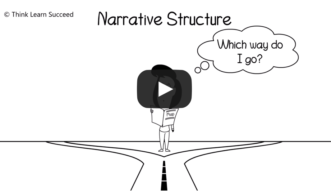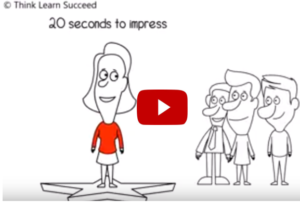On a recent trip to Bali, I was fascinated by a scene in the Ubud markets. A 15-year-old girl was haggling over the price of three new t-shirts. Her mother was standing slightly back, whispering to a friend, “Look at her negotiate.” Mum’s words were spoken with pride and a tinge of awe.
This scene got me thinking about how few young Australian women are formally taught the art of negotiation. Because many of us missed out on vital lessons early in life, as adults and professionals we often negotiation with fear or anxiety. If you think your negotiation skills need an upgrade, you’re probably right. If I was coaching you, I would use three signs to tell me whether you need help. Read more










